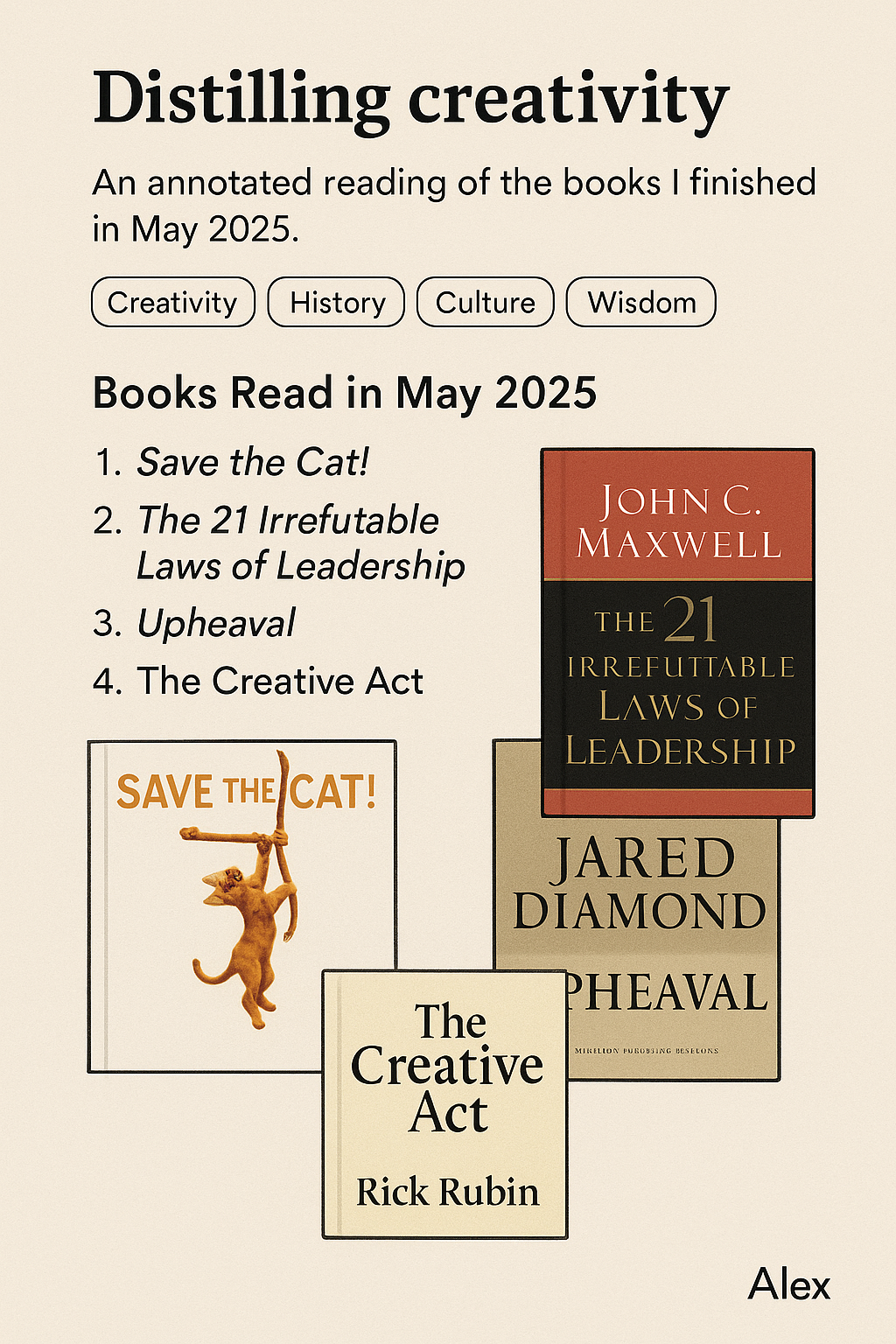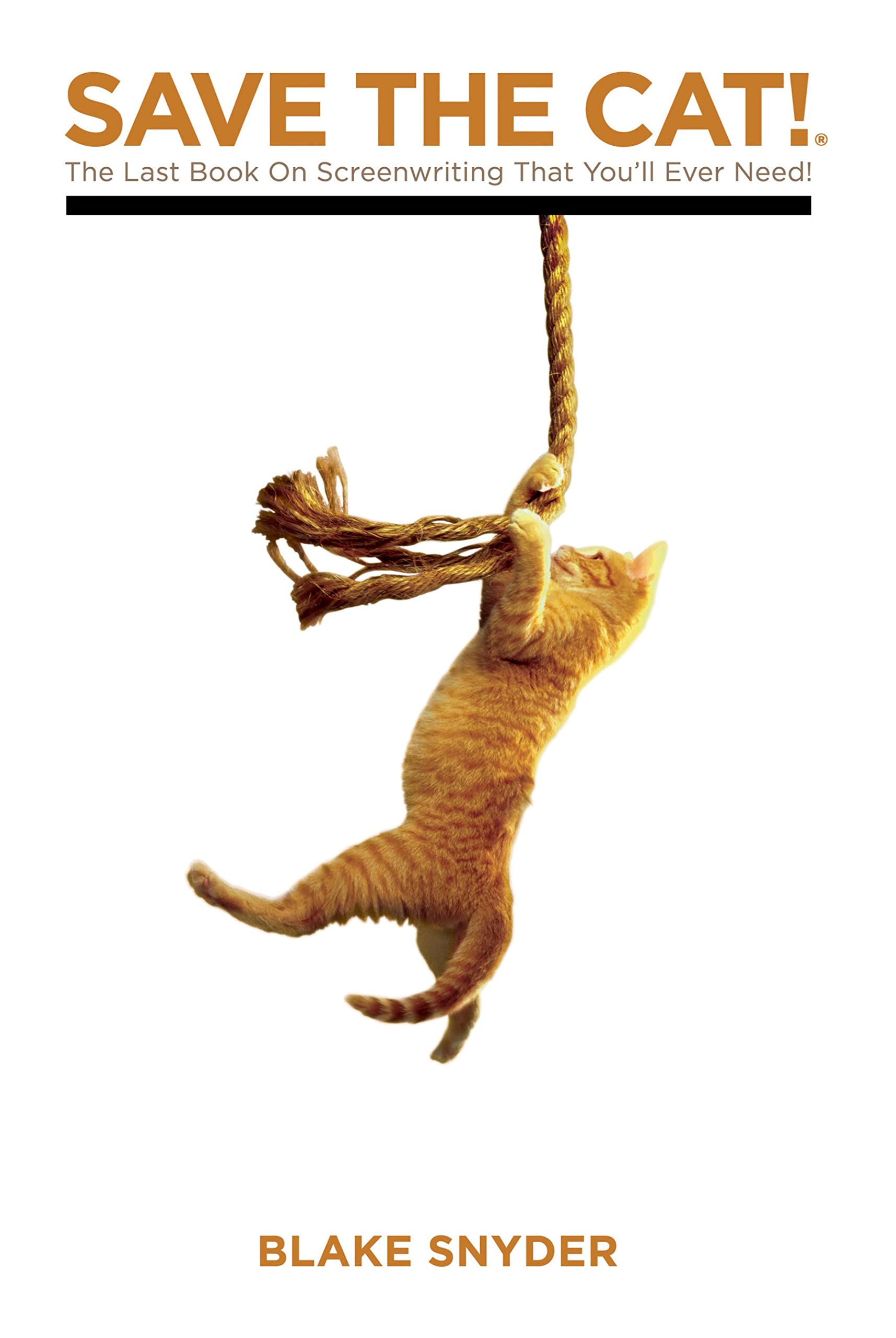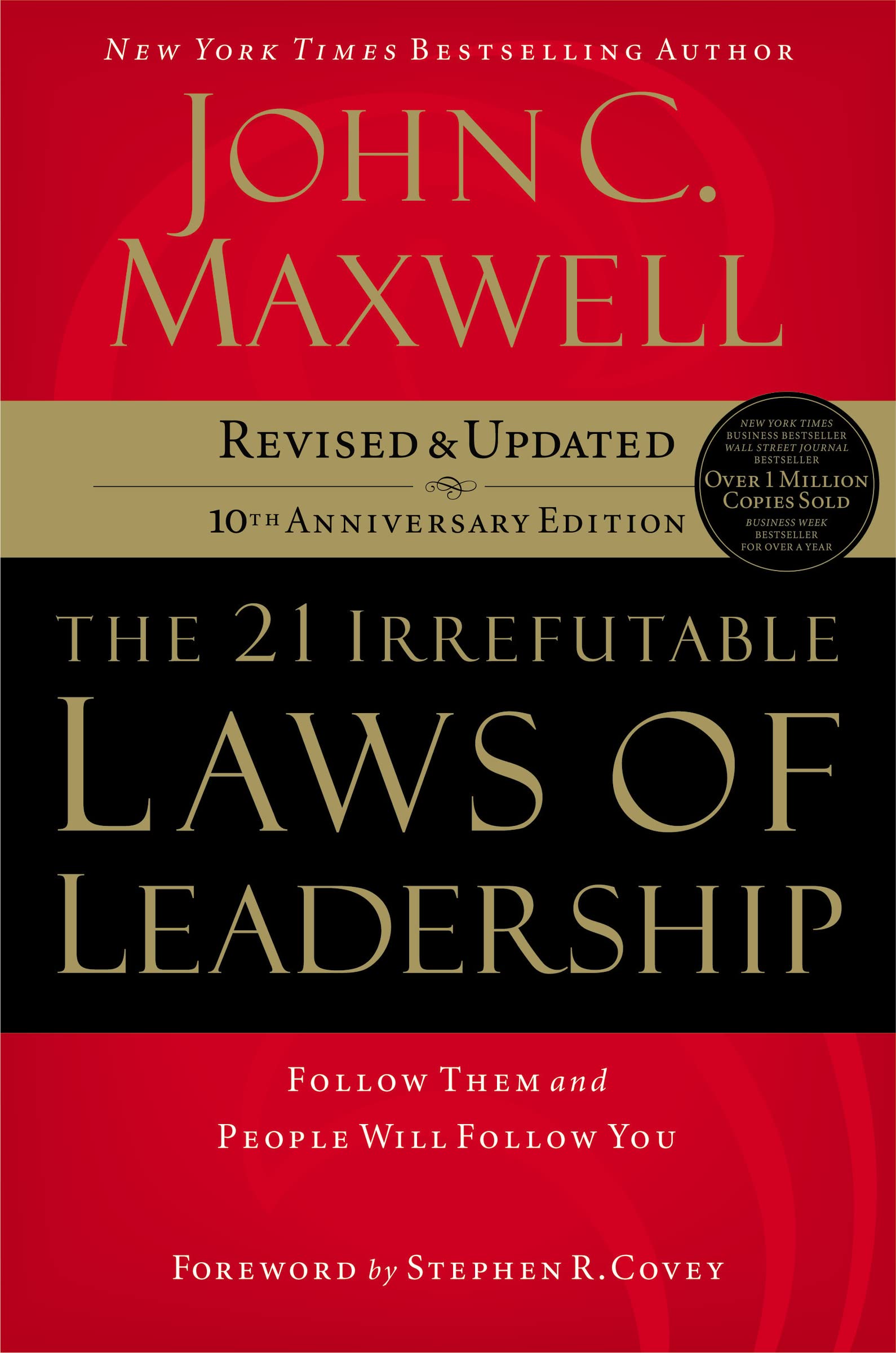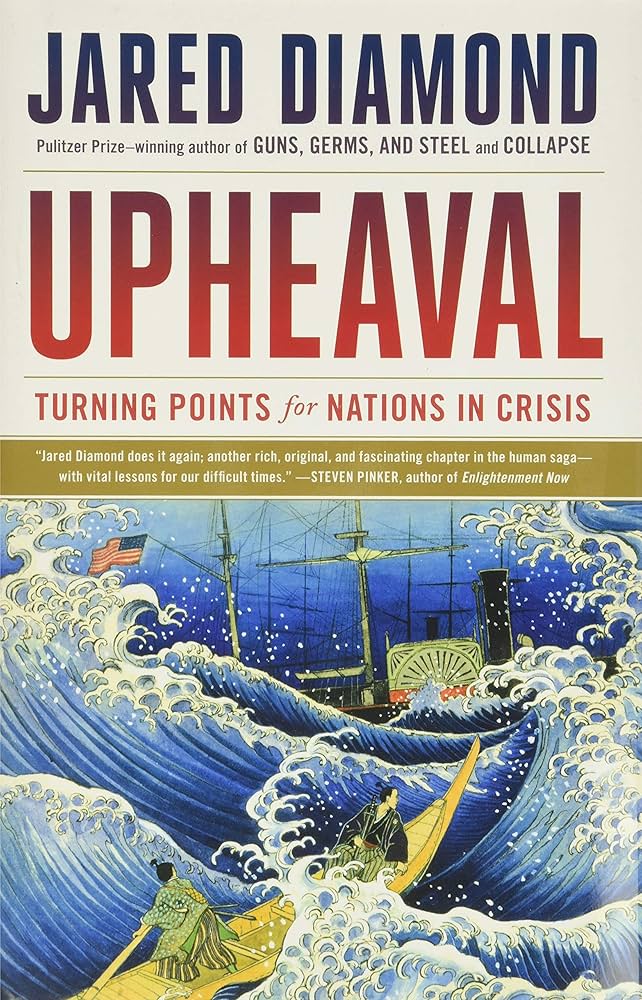Distilling creativity
An annotated reading of the books I finished in May 2025.

What was in (the book)store for May 2025? Mostly books on creativity, leadership, and adversity. But what I think is worth highlighting is just how obscenely good ChatGPT’s new image generation model has proven to be when generating this month’s blog summary image. I mean, it’s eerily meta (no pun intended). 🤔
Books Read in May 2025
- Save the Cat!
- The 21 Irrefutable Laws of Leadership
- Upheaval
- The Creative Act
A storytelling framework
Save the Cat! is all about storytelling and how to do it well. Citing many examples of well-done (and not so well-done) film scripts, the author Blake Snyder lays out a taxonomy that most commercially successful films have followed when structuring their narratives. Keeping this taxonomy of story types in mind, Snyder then explains how anyone can bolster their storytelling muscles with the help of narrative templates. Overall, this book will be enjoyable to those who are interested in looking behind the scenes of narrative crafting in popular films.

Following great examples
For the last 30 years, John Maxwell has been writing extensively on the topic of leadership and growth, with The 21 Irrefutable Laws of Leadership being a good starting point for his writing. In it, Maxwell enumerates some of the most common archetypes he’s observed in many successful institutional leaders to date. As a useful template for understanding what can make or break would-be leaders, Maxwell’s 21 leadership laws help one balance the intricacies of growing as an individual alongside one’s institution.

Some grow, some remain
Jared Diamond captured my attention for the better part of May 2025 with his illustrative book Upheaval: Turning Points for Nations in Crisis. History presents several instances of moments in time where certain countries were threatened with challenges beyond their ability to cope (at that point in time). Some countries (for certain reasons) stagnated or declined as a result of such challenges, whereas others (for other reasons) improved their average quality of life as a result. In a time of unceasing polarization between groups of thought, Upheaval offers readers a chance to imagine how modern societies may rise to the challenges they are currently facing. As usual, in due time, we will see what social strategies promote adaptation and which accelerate decline.

Identifying the Source
Simply put, please read Rick Rubin’s book The Creative Act. Trust me. You won’t regret it, especially if you enjoy the fruits of creativity (in your own life or in the lives of others past or present). 😊

Alex